Google States Title Tags Might Affect Rankings
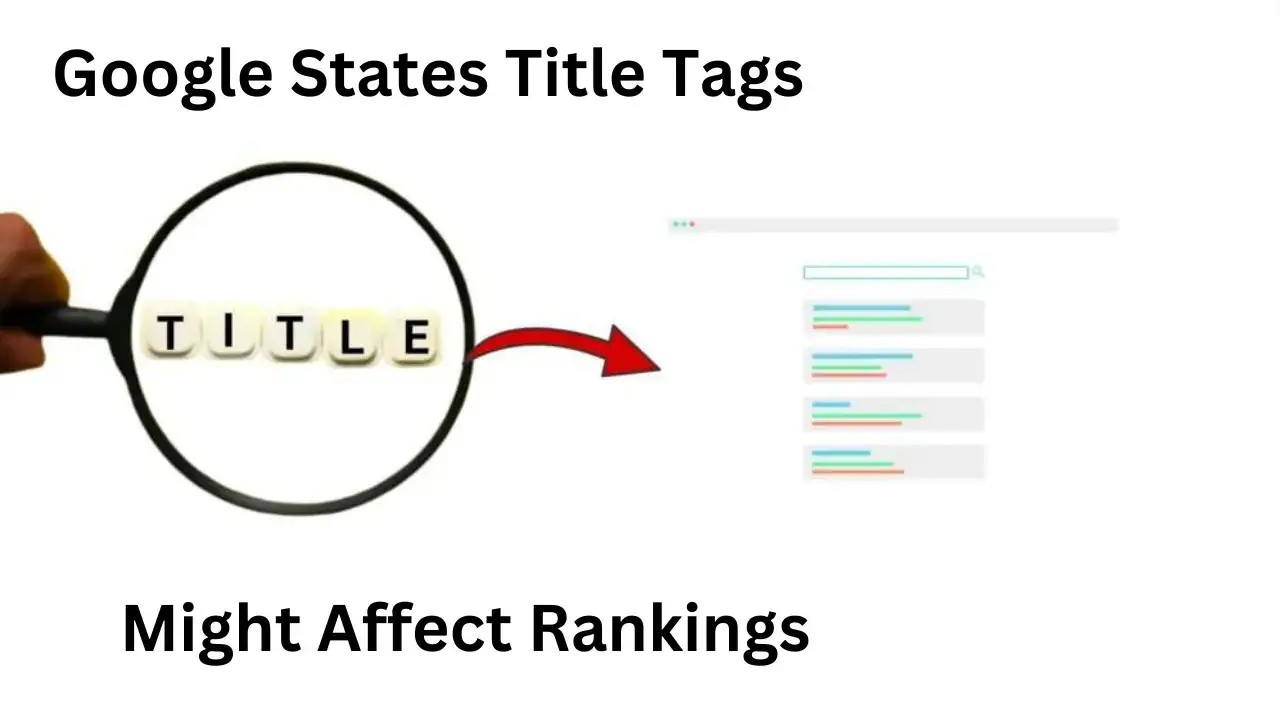
Google States Title Tags Might Affect Rankings
Headers are a crucial element of on-page SEO that should be applied to every piece of content, as they significantly impact how search engines interpret and prioritize the material. These HTML elements, which appear as clickable headlines in search engine results pages (SERPs), offer brief descriptions of the content on a specific webpage. Title tags have long been an essential part of SEO, serving as key ranking signals. Google has even suggested that title tags might influence search rankings, a statement that has sparked considerable debate within the SEO community.
At AdtoLeadz Technologies, a trusted and leading digital marketing agency, we offer a range of SEO services including On-Page SEO techniques, Link Building, and Pinterest SEO.
This claim by Google has ignited discussions on the extent to which title tags affect search rankings and how SEO professionals should approach title tag optimization moving forward. In this article, you will learn why title tags are important for SEO, Google’s stance on their role, and how to use them to enhance your website’s position in search engine results.
Before diving in, we recommend reading our article on the Top 10 Essential On-Page SEO Factors You Need to Know for additional context. However, if you prefer, you can continue reading this article directly. Let's get started!
1. Understanding Title Tags
The Basics of Title Tag
Title tags are HTML elements that define a webpage's title. Found in the head section of a page’s HTML code, they appear as the clickable title in search engine results and in the browser tab when the page is open.
A well-crafted title tag offers a clear, concise description of the page’s content while encouraging users to click through to the site. Since title tags are often the first thing users see in search results, they play a key role in influencing click-through rates (CTR).
Title Tags and Their Role in SEO
Title tags are a crucial on-page SEO element, helping search engines understand a webpage's content and how it should be indexed. While many factors influence a page's ranking, title tags are often considered a direct indicator of a page’s relevance to a specific search query.
Beyond aiding search engine rankings, title tags also enhance user experience. A well-crafted title tag can boost click-through rates (CTR), reduce bounce rates, and ultimately lead to improved user engagement on the site.
2. Google’s Perspective on Title Tags
The Evolution of Google’s View on Title Tags
Over time, Google’s algorithms have shifted to prioritize user experience and content quality over traditional SEO tactics. While title tags were once seen as a primary ranking factor, Google now considers a wider range of signals, including content quality, user intent, and page experience.
Recent updates from Google suggest that while title tags may still have some influence on rankings, they are no longer as significant as other factors. The search engine has stressed the importance of creating content that meets user needs and adds value, rather than focusing exclusively on optimizing title tags for SEO.
The “Maybe” Factor: What Google Means
Google's statement that title tags "maybe" impact rankings has left many SEO professionals questioning their true significance in modern SEO. The word "maybe" implies that while title tags can influence rankings, their impact is likely conditional and dependent on other factors.
For instance, a title tag that accurately reflects the page's content and aligns with user intent could positively affect rankings. However, if the content is not valuable or relevant to users, the title tag alone is unlikely to make a significant impact on rankings.
3. The Relationship Between Title Tags and User Experience
How Title Tags Influence Click-Through Rates
Title tags are essential for attracting users to click on a search result. A compelling and relevant title tag can significantly boost click-through rates (CTR), driving more traffic to the site. Since Google’s algorithms consider user engagement metrics like CTR when determining rankings, a well-optimized title tag can indirectly impact a page’s position in search results.
For example, if a title tag is highly relevant to a user's search query and clearly promises the information they're looking for, they’re more likely to click on the link. This increased engagement signals to Google that the page is a strong match for the query, potentially improving its ranking.
The Impact of Title Tags on User Perception
In addition to driving clicks, title tags also influence how users perceive the content they are about to engage with. A well-crafted title tag sets clear expectations for what users will find on the page, helping them assess whether the content aligns with their needs.
When the title tag accurately reflects the content and meets user expectations, it can create a positive user experience, encouraging visitors to stay longer and engage more deeply with the page. On the other hand, a misleading or irrelevant title tag can result in a high bounce rate, as users quickly leave the page when it doesn’t meet their expectations.
4. Best Practices for Optimizing Title Tags
Relevance and Clarity
A key principle of title tag optimization is ensuring the title is relevant to the page's content. The title tag should accurately and concisely reflect the main topic of the page, making it easy for both users and search engines to understand its purpose.
Avoid vague or generic titles that fail to clearly convey the content. Instead, focus on crafting specific, descriptive titles that align with the user's search intent.
Incorporating Keywords Strategically
While keyword stuffing is no longer an effective SEO tactic, strategically incorporating relevant keywords into the title tag can still provide benefits. The key is to use keywords naturally and in context, ensuring they accurately represent the page's content.
Position the primary keyword towards the beginning of the title tag to help search engines quickly identify the page's main focus. However, avoid overloading the title with keywords at the expense of readability or clarity.
Length and Format Considerations
Google usually displays the first 50-60 characters of a title tag in search results, so it’s essential to keep titles within this limit to ensure they are fully visible. If the title is too long, it may be truncated, cutting off important information and potentially lowering CTR.
In addition to length, consider the structure of the title tag. Use separators like pipes (|) or hyphens (-) to break up different parts of the title, making it more readable and easier to understand.
5. Common Mistakes to Avoid in Title Tag Optimization
Over-Optimization and Keyword Stuffing
A common mistake in title tag optimization is over-optimization, especially through keyword stuffing. This not only makes the title hard to read but can also lead to penalties from search engines.
Google’s algorithms are advanced enough to detect over-optimized title tags, which can result in a drop in rankings rather than an increase. It's essential to find a balance between including relevant keywords and keeping the title natural and user-friendly.
Misleading Titles
Another frequent mistake is crafting misleading titles that don't accurately reflect the page's content. While this may boost CTR initially, it often leads to a high bounce rate as users quickly leave when they realize the content doesn't meet their expectations.
Misleading titles can harm the credibility of the website and erode trust among users. It's essential to ensure that the title tag genuinely represents the content and fulfills the promise made in the search results.
Neglecting Mobile Optimization
With the rise of mobile searches, it's crucial to consider how title tags appear on mobile devices. Since mobile screens show fewer characters than desktop screens, it's important to prioritize key information within the first few words of the title tag.
Additionally, ensure the title tag is easy to read on smaller screens. Avoid complex or lengthy titles that may not display properly on mobile devices, as this can negatively affect user experience and CTR.
6. Case Studies: The Impact of Title Tags on Rankings
Case Study 1: The Effect of Title Tag Changes on a Niche Website
A niche website focused on gardening tips decided to experiment with its title tags to see if changes would affect rankings and traffic. The original title tags were generic and lacked relevant keywords. The site owner optimized the title tags by adding specific keywords related to each page’s content.
After updating the title tags, the website experienced a noticeable increase in organic traffic and a slight improvement in rankings for targeted keywords. The new, more relevant and descriptive title tags resulted in higher CTR and better engagement metrics, signaling to Google that the content was valuable to users.
This case study shows that while title tags may not be the most significant ranking factor, optimizing them can still positively influence search performance, especially when paired with high-quality content.
The Impact of Misleading Title Tags on a News Website
A news website decided to test the effectiveness of sensational and clickbait-style title tags to boost traffic. The title tags were designed to be eye-catching, but often did not accurately reflect the content of the articles.
Initially, the site saw an increase in CTR, but this was followed by a significant rise in bounce rates as users quickly realized the content didn’t match the titles. Over time, the website experienced a drop in rankings, likely because Google’s algorithms recognized the high bounce rates and misleading titles as signs of a poor user experience.
This case study illustrates the risks of using misleading title tags. While they may drive short-term traffic, the long-term effects on rankings and user trust can be harmful.
7. Google’s Title Tag Rewriting: What It Means for SEO
Google’s Approach to Title Tag Rewriting
In recent years, Google has become more proactive in rewriting title tags when it believes the original tag doesn't accurately represent the content or meet user intent. This process is based on Google’s understanding of the page’s content, as well as user queries and behavior.
While Google’s rewritten title tags can sometimes be more relevant to a user’s search query, potentially boosting CTR, it can also result in titles that don't align with the site owner's original intent. This can be frustrating for those who have carefully optimized their title tags.
How to Adapt to Google’s Rewriting Practices
To reduce the likelihood of Google rewriting your title tags, it's essential to create titles that are highly relevant, clear, and aligned with user intent. Focus on crafting titles that accurately reflect the content while addressing the needs of your target audience.
If Google frequently rewrites your title tags, consider reviewing them for potential issues such as excessive length, lack of relevance, or keyword stuffing. By adjusting your titles to better align with best practices, you can minimize the chances of Google modifying them.
8. The Future of Title Tags in SEO
Evolving SEO Strategies
As search engines evolve, SEO strategies must adapt as well. While title tags remain an important aspect of on-page SEO, their influence on rankings may decrease as Google places more emphasis on content quality, user experience, and other factors.
SEO professionals should focus on creating in-depth, high-quality content that meets user needs and aligns with search intent. Title tags should be considered one part of a broader strategy that prioritizes delivering value to users and building trust with search engines.
The Role of AI and Machine Learning
With the rise of AI and machine learning, search engines are becoming more sophisticated in how they interpret and rank content. These technologies help search engines better understand user intent, context, and content quality, which may reduce the importance of traditional SEO tactics like title tag optimization in the future.
However, this doesn’t mean title tags will become obsolete. They will likely remain a key factor in SEO, particularly for influencing CTR and user engagement. The key will be to adapt by focusing on user-centric content and optimizing title tags in a way that complements broader SEO efforts.
Are title tags a Google ranking factor?
Title tags are considered a Google ranking factor, though their impact is not as strong as other elements like content quality or user experience. They help Google understand the content of a page and play a role in attracting clicks in search results. While title tags alone may not significantly affect rankings, they can influence click-through rates (CTR), which can indirectly impact search performance.
What factors affect Google ranking?
Several factors affect Google rankings, including:
- Content Quality: Relevant, informative, and high-quality content that meets user intent.
- Backlinks: The quantity and quality of external links pointing to a page.
- User Experience (UX): Page load speed, mobile-friendliness, and overall site usability.
- Keyword Optimization: Proper use of keywords in titles, headers, and content.
- Technical SEO: Site structure, internal linking, and proper indexing.
- CTR (Click-Through Rate): How often users click on a result in search engine pages.
- Bounce Rate: The rate at which visitors leave a site quickly.
- Domain Authority: The trust and authority of the domain based on its history and backlinks.
These factors, along with user engagement signals, work together to determine rankings.
What will happen if the title tag is too long on Google search result?
If a title tag is too long, Google may truncate it in search results, cutting off part of the title. This can result in important information being missed, potentially reducing its effectiveness in attracting clicks and impacting CTR (click-through rate). To avoid truncation, it's recommended to keep title tags within 50-60 characters.
Conclusion
Google's statement that title tags "maybe" impact rankings has sparked renewed discussion within the SEO community. While experts agree that title tags may be less critical for ranking, they remain a crucial component of on-page SEO, especially when it comes to user engagement and click-through rates.
By understanding the role of title tags in modern SEO and following the guidelines outlined above, website owners and SEO professionals can improve their site's SEO performance while enhancing user experience. Staying informed about current trends and adjusting strategies accordingly will be essential for ongoing success. AdtoLeadz Technologies is a trusted digital marketing agency with over 3 years of experience offering reliable SEO services to clients.





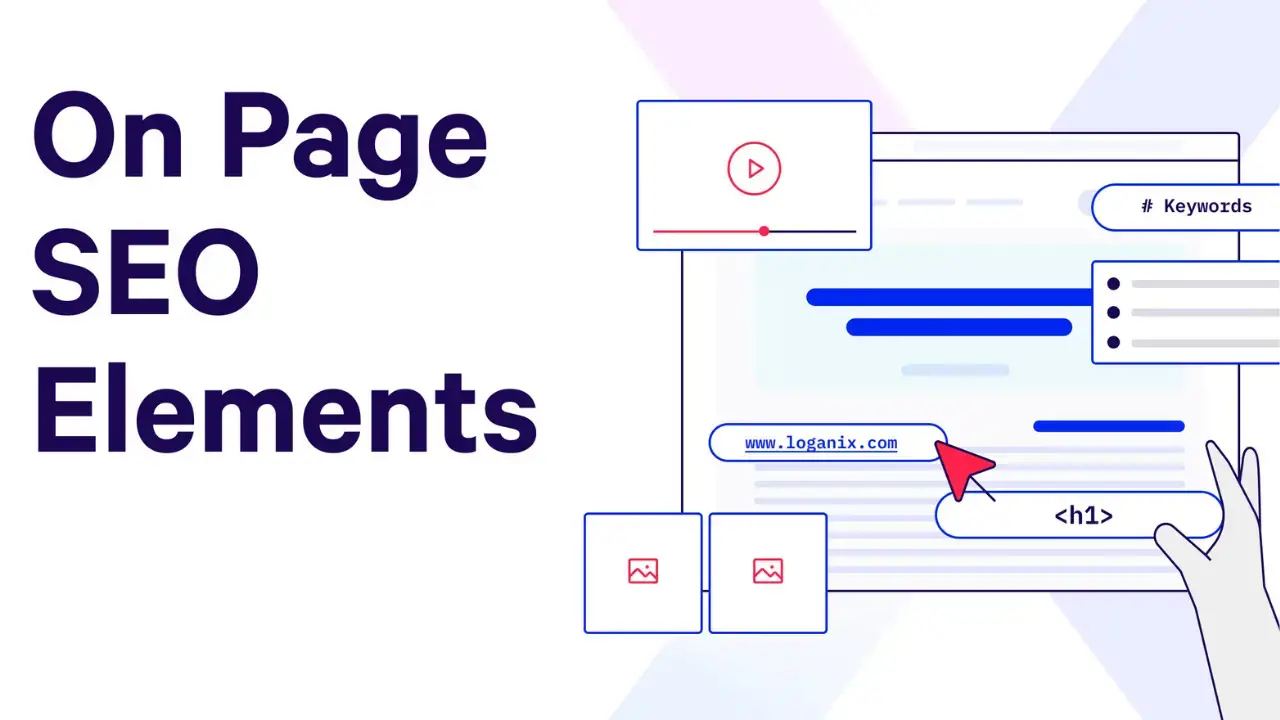
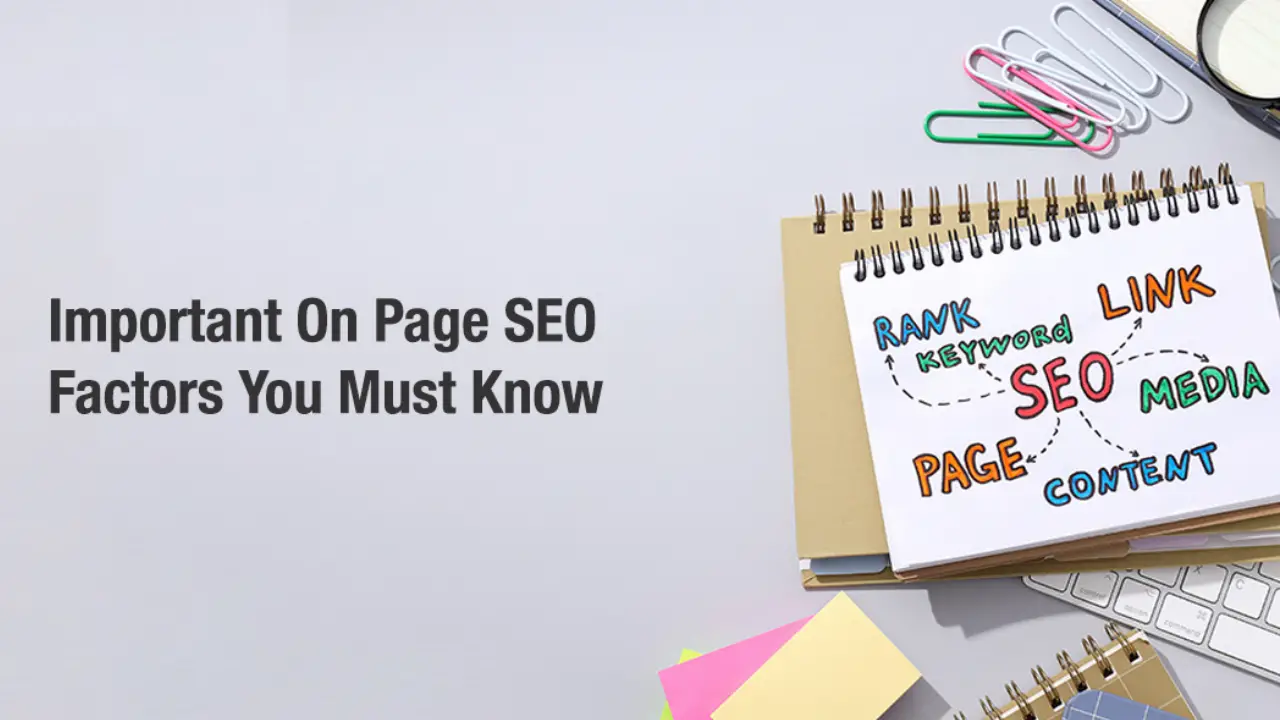












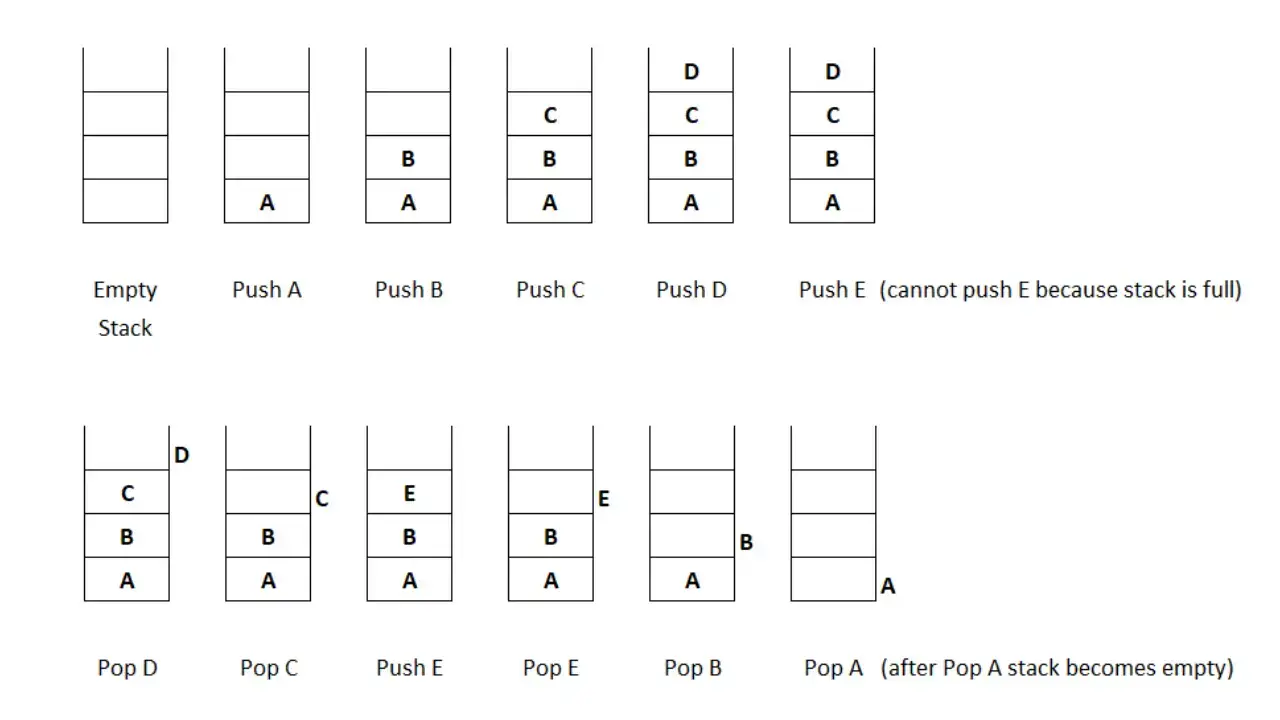


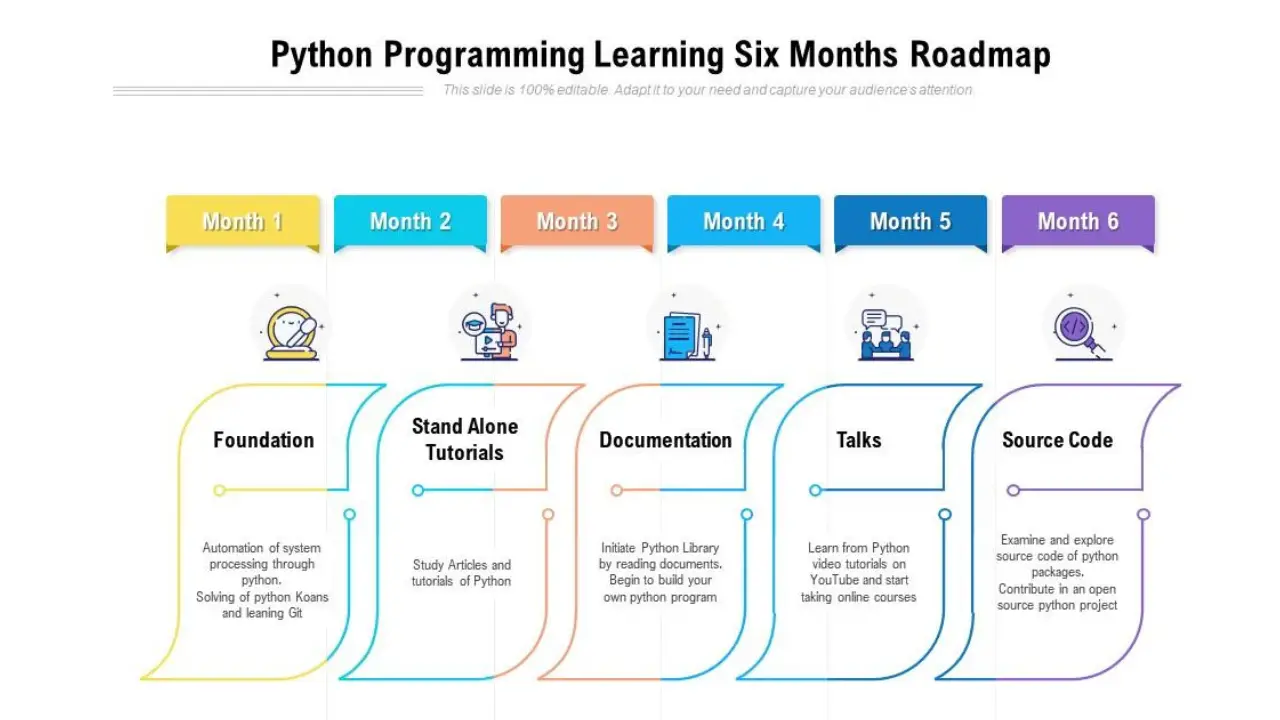

0 Comments
No Comment Available